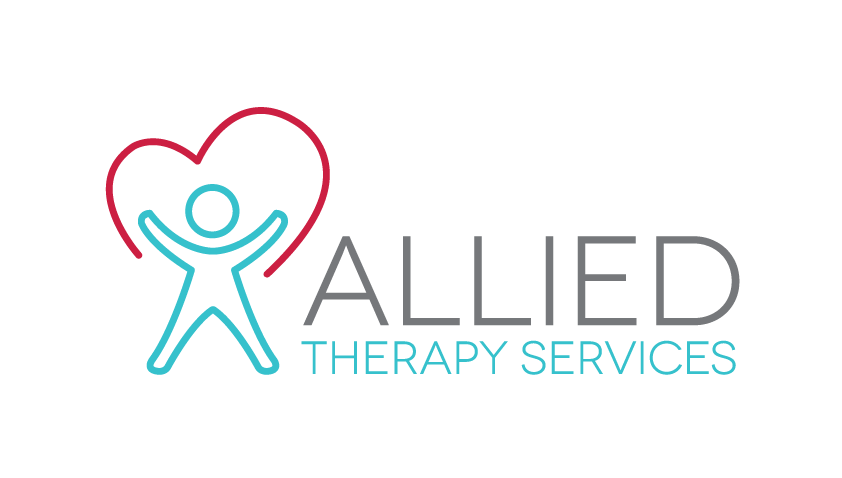The Benefits of Community-Based Physiotherapy
The number one benefit, is simple, we come to you!
Your Allied Therapy Services physiotherapist works with you in your home, or local community setting, those places that are most relevant to your everyday life and most motivating to you. Home may be your supported accommodation, a residential aged care facility, or residing with family. (While we are focused on physiotherapy in this article, it’s worth noting that our Occupational Therapy and Speech Pathology services are also provided in the local community too!)
But, back to community-based physiotherapy.
There is a huge scope in what we can do as physiotherapists working with clients in their home or community settings.
Community-based physiotherapy can include:
Providing assisted or independent home exercise programs.
Education and advice on positioning and support equipment to improve your day-to-day comfort.
Respiratory physiotherapy, using various techniques and equipment to support those with a compromised respiratory (breathing) system.
Gait and balance retraining.
Falls-prevention exercises.
Trialing and making recommendations for specific assistive technology, like; standing frames, gait aids, other specialist equipment to support mobility.
Pain management strategies.
The Allied Therapy Services physiotherapy team are excellent communicators and will link in closely with local inpatient or outpatient rehabilitation services at your local health provider, to facilitate any transition that is needed to home-based therapy.
We also work closely with your family or support workers to educate and upskill them, so you can achieve your goals in a home or community environment.
A healthy and active lifestyle
Living a healthy and active lifestyle is beneficial for both physical and mental health. For people living with a disability The World Health Organisation recommends a minimum of 150 minutes of moderate intensity exercises each week (Carty et al, 2021).
Allied Therapy Services understand that living with a disability, neurological condition or age-related changes may present extra challenges to reaching this target. Our physiotherapists work with you to find what physical activities you love and build programs to help you participate to in these more. Without the restraints of a clinic environment, your Allied Therapy Services physiotherapist will find inventive and motivating ways to get you moving.
There are a variety of movement programs which may support your larger health goals:
Hydrotherapy programs
Community-based gym programs, at the gym of your choice
Running retraining
Learning or relearning to ride a bike
Returning to your favourite sport
Linking you in with local all-abilities sporting teams.
We also work closely with your family or support workers to educate and upskill them, so you can achieve your goals in a home or community environment.
Our mobile, community-based, physiotherapy teams are available in; Albury/Wodonga, Ballarat, Bendigo, Geelong, Warrnambool and West Melbourne. Allied Therapy Services supports people aged 16 years and over.
If you have a NDIS plan, you can include our physiotherapy supports via your Capacity Building Supports budget. We also accept private referrals.
References:
*Carty et al (2021), The First Global Physical Activity and Sedentary Behaviour Guidelines for People Living With Disability, Journal of Physical Activity and Health, 18, 86-93.

